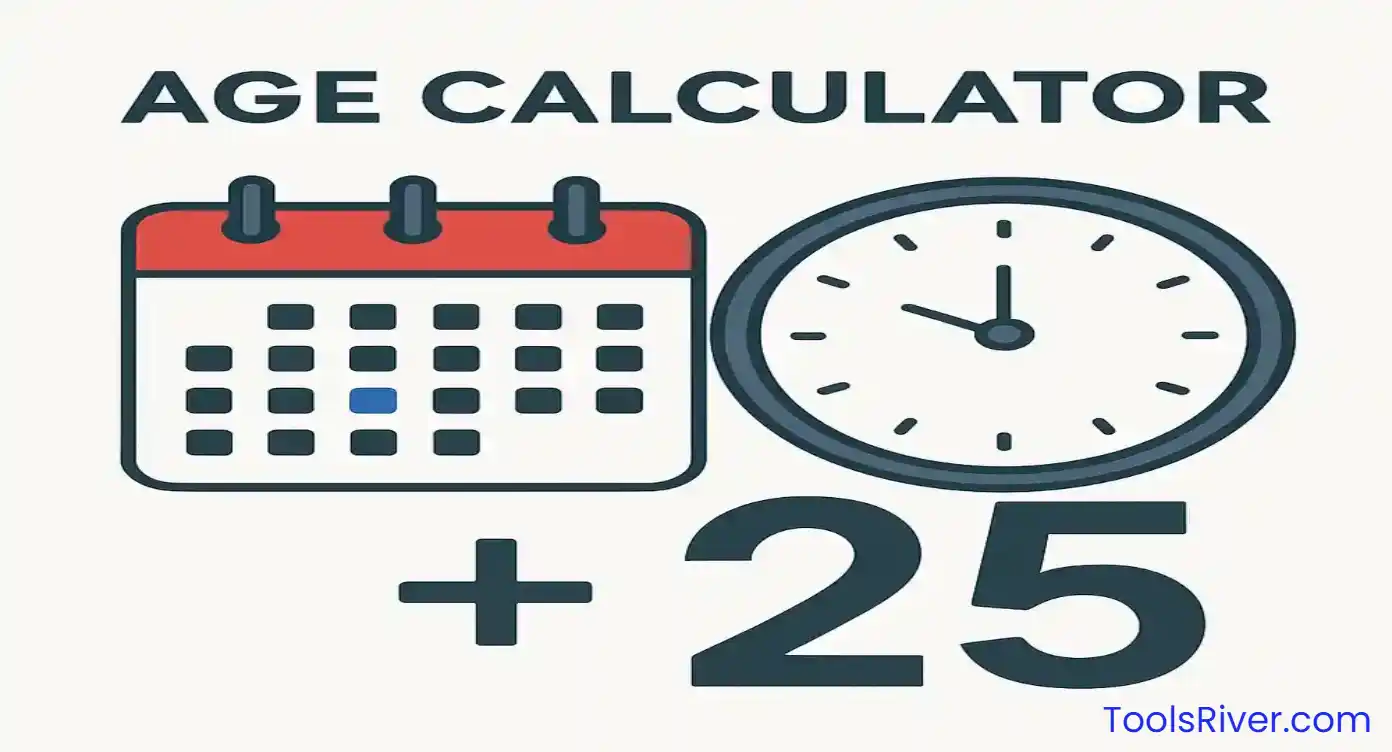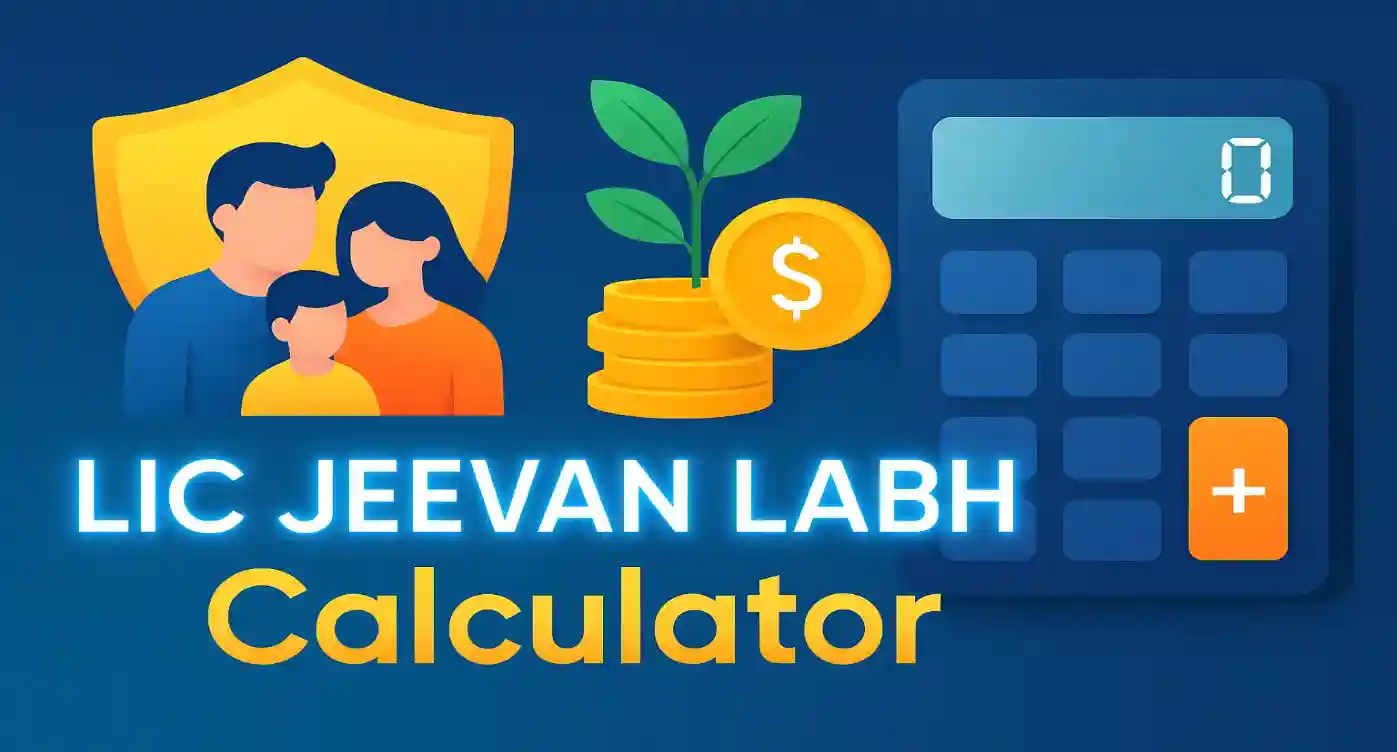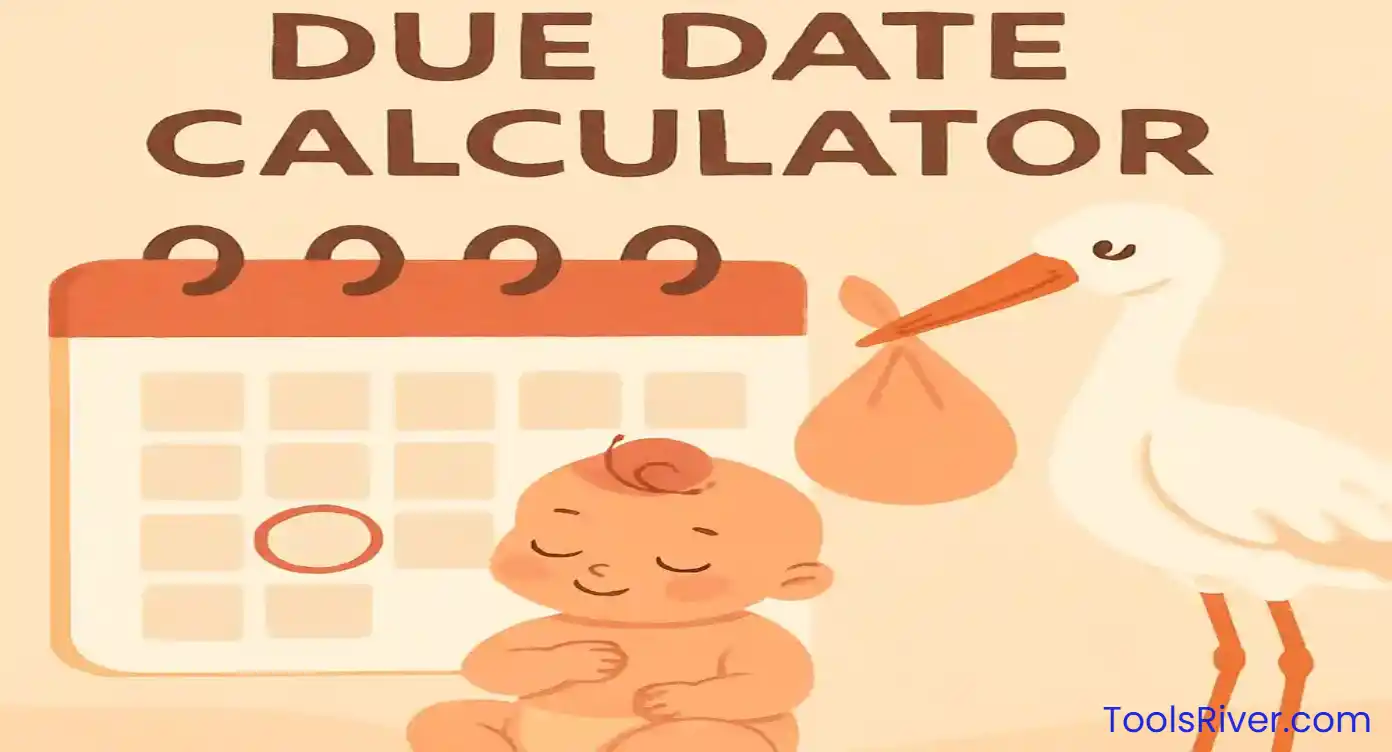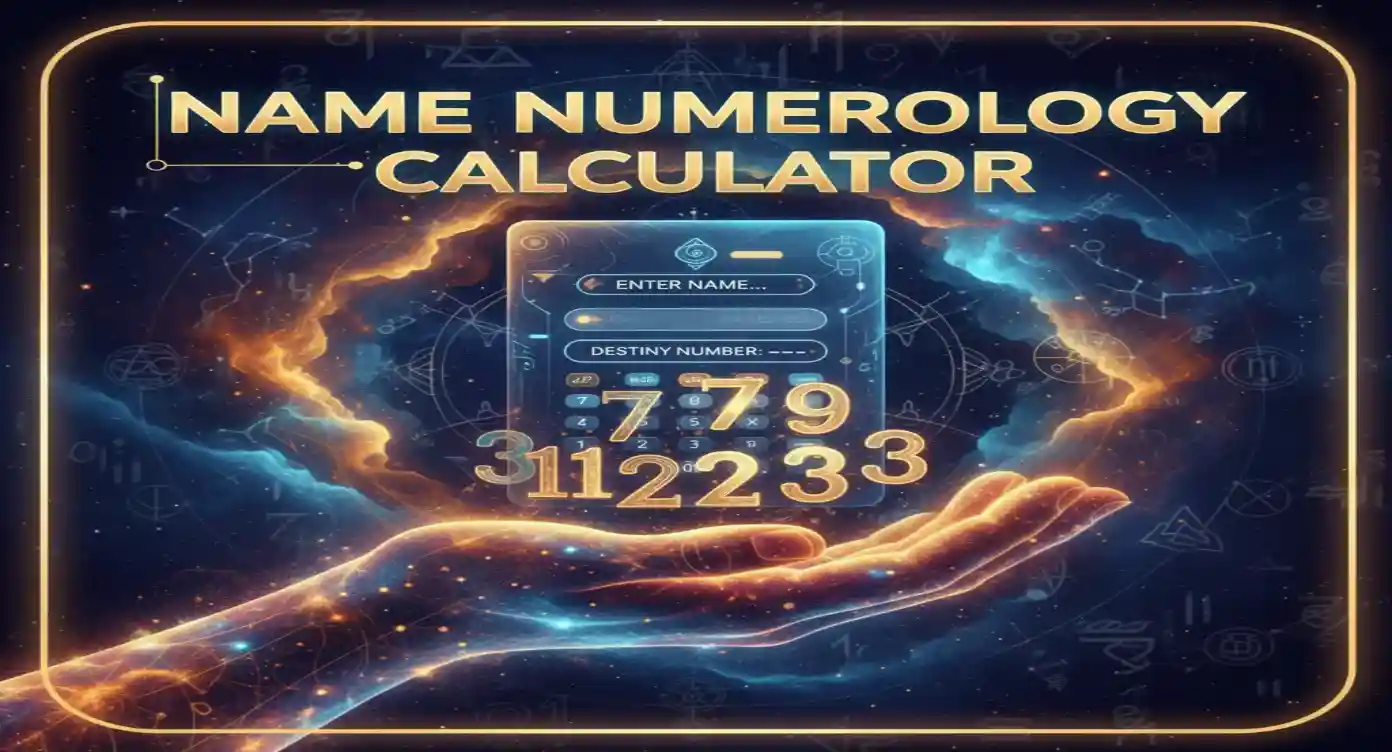FLAMES Calculator
Discover your love compatibility using the classic FLAMES test. Enter two names and unlock the secrets of your relationship destiny!
Love Compatibility Calculator
Enter your name and your partner's name to discover your relationship destiny
Calculating your love compatibility...
FLAMES Process
Compatibility Score
Table of Contents
What is FLAMES Calculator?
The FLAMES Calculator is a popular and entertaining tool used to determine the compatibility between two people based on their names. FLAMES stands for Friends, Love, Affection, Marriage, Enemies, and Siblings - representing six possible relationship outcomes that the algorithm can predict.
This beloved game has been a favorite among young people for decades, providing a fun and lighthearted way to explore potential relationships. The FLAMES calculator uses a simple mathematical algorithm that counts letters in names to predict the nature of a relationship between two individuals.
While the FLAMES test is primarily used for entertainment purposes, it has gained significant popularity in schools, colleges, and social gatherings worldwide. The tool serves as an icebreaker, conversation starter, and a source of amusement among friends who are curious about their romantic compatibility.
The beauty of the FLAMES calculator lies in its simplicity and accessibility. Anyone can perform the calculation with just pen and paper, making it a universal game that transcends cultural and geographical boundaries. In today's digital age, online FLAMES calculators have made this classic game even more accessible and engaging.
How FLAMES Algorithm Works
The FLAMES algorithm follows a systematic approach that involves letter counting and elimination. Understanding this process helps users appreciate the mathematical foundation behind this entertaining compatibility test.
Step 1: Name Preparation
The algorithm begins by taking two names and converting them to uppercase letters. Spaces and special characters are typically ignored, focusing only on alphabetical characters. This ensures consistency in the calculation process regardless of how names are formatted.
Step 2: Common Letter Elimination
The next step involves identifying and removing common letters between the two names. For each matching letter found in both names, one instance is removed from each name. This process continues until no more common letters exist between the names.
Step 3: Counting Remaining Letters
After removing common letters, the algorithm counts the total number of remaining letters from both names combined. This count becomes the crucial number used in the elimination process that follows.
Step 4: FLAMES Elimination Process
Using the count obtained in step 3, the algorithm performs an elimination process on the letters F-L-A-M-E-S. Starting from 'F', it counts up to the calculated number and eliminates the letter it lands on. The process continues from the next letter after the eliminated one, repeating until only one letter remains.
This systematic elimination process ensures that each calculation produces a consistent result based on the mathematical relationship between the names entered. The final remaining letter determines the predicted relationship type between the two individuals.
FLAMES Results Meanings
F - Friends
A strong platonic bond built on trust, mutual respect, and shared interests. This result suggests a lasting friendship with deep understanding and support, but without romantic involvement.
L - Love
A passionate romantic connection filled with deep emotional attachment and attraction. This result indicates strong romantic potential with intense feelings and genuine care for each other.
A - Affection
A warm, caring relationship characterized by tenderness and fondness. This suggests a gentle connection with genuine affection, though it may not reach the intensity of deep love.
M - Marriage
The ultimate compatibility suggesting a lifelong commitment and partnership. This result indicates the potential for a stable, long-term relationship leading to marriage and shared life goals.
E - Enemies
A challenging relationship marked by conflicts and disagreements. This doesn't necessarily mean permanent hostility but suggests the need for effort and understanding to overcome differences.
S - Siblings
A family-like bond characterized by loyalty, protection, and unconditional support. This result suggests a relationship similar to brothers or sisters, with deep care but typically without romantic elements.
Step-by-Step Guide to Using FLAMES Calculator
Follow this comprehensive guide to accurately use the FLAMES calculator and understand the process behind determining relationship compatibility through names.
Manual Calculation Method
- Write the Names: Write your name and your partner's name side by side, ensuring proper spelling.
- Remove Common Letters: Cross out matching letters from both names, one pair at a time.
- Count Remaining Letters: Count all uncrossed letters from both names combined.
- Apply Count to FLAMES: Write F-L-A-M-E-S and count using your total, eliminating letters systematically.
- Continue Until One Remains: Repeat the counting and elimination process until only one letter survives.
- Interpret the Result: The final letter determines your relationship compatibility type.
Digital Calculator Benefits
While manual calculation is educational, using a digital FLAMES calculator offers several advantages:
- Instant results without calculation errors
- Visual representation of the elimination process
- Multiple name combinations can be tested quickly
- Detailed explanations of each result type
- Shareable results for social media engagement
Tips for Accurate Results
- Use full names rather than nicknames for more accurate readings
- Ensure correct spelling to avoid calculation errors
- Consider cultural variations in name spellings
- Try different name combinations (first name, full name, etc.)
- Remember that results are for entertainment purposes
History and Origins of FLAMES
The FLAMES compatibility test has a rich history that spans several decades, evolving from a simple school game to a globally recognized relationship compatibility tool. Understanding its origins provides insight into its enduring popularity and cultural significance.
Early Beginnings
The exact origins of FLAMES are somewhat unclear, but the game is believed to have originated in schools during the mid-20th century. Students would use this simple letter-counting method to determine their compatibility with crushes and friends, making it a popular pastime during breaks and study sessions.
Spread Through Educational Institutions
FLAMES gained widespread popularity in educational institutions across various countries, particularly in South Asia, Southeast Asia, and parts of the Middle East. Students would teach the game to younger generations, ensuring its continuous transmission through academic communities.
Cultural Adaptation and Variations
As FLAMES spread to different cultures and regions, various adaptations emerged. Some cultures modified the meaning of letters or created alternative versions with different relationship categories. These variations demonstrate the game's flexibility and universal appeal across diverse social contexts.
Digital Revolution
The advent of the internet and mobile technology brought FLAMES into the digital age. Online calculators, mobile apps, and social media integrations have made the game more accessible than ever before, introducing it to new generations of users worldwide.
Today, FLAMES continues to serve as a bridge between traditional compatibility testing methods and modern digital entertainment, maintaining its charm while adapting to contemporary communication platforms and social media trends.
Psychology Behind FLAMES Calculator
While FLAMES is primarily an entertainment tool, understanding the psychological factors that contribute to its popularity and perceived effectiveness reveals interesting insights about human behavior and relationship dynamics.
Confirmation Bias and Selective Attention
People tend to remember and emphasize FLAMES results that align with their existing feelings or desired outcomes while downplaying or forgetting results that contradict their expectations. This confirmation bias makes the tool seem more accurate than it statistically is, as users naturally focus on the "correct" predictions while dismissing the incorrect ones.
Social Bonding and Shared Experience
FLAMES serves as a social activity that brings people together through shared curiosity and entertainment. The act of testing compatibility becomes a bonding experience itself, regardless of the actual results. This shared activity can strengthen relationships and create memorable moments between participants.
Hope and Optimism in Relationships
The FLAMES calculator taps into fundamental human desires for connection and romantic fulfillment. Even when used for entertainment, it allows people to explore possibilities and maintain hope about potential relationships. This psychological benefit contributes to its enduring appeal across different age groups and cultures.
Cognitive Ease and Simple Decision Making
The straightforward nature of FLAMES appeals to our preference for simple explanations and easy decision-making processes. In complex social situations, having a seemingly objective method to evaluate relationships provides psychological comfort, even when the results are ultimately random.
Understanding these psychological aspects helps explain why FLAMES remains popular despite lacking scientific validity, serving important social and emotional functions in human interaction and relationship exploration.
Accuracy and Limitations of FLAMES Calculator
It's essential to understand that the FLAMES calculator is designed for entertainment purposes and should not be considered a scientifically accurate method for determining relationship compatibility. Here's an honest assessment of its limitations and the factors that affect its perceived accuracy.
Statistical Randomness
The FLAMES algorithm is essentially a mathematical formula that produces results based on letter counting rather than any meaningful relationship indicators. The outcome is determined purely by the alphabetical composition of names, which has no established correlation with actual relationship compatibility or success.
Name-Based Limitations
Basing compatibility on names presents several logical challenges. People don't choose their names, and names vary significantly across cultures, languages, and family traditions. Two perfectly compatible individuals might receive an "Enemies" result simply due to the alphabetical structure of their names, while incompatible people might score "Marriage."
Factors Not Considered
Real relationship compatibility depends on numerous complex factors that FLAMES cannot account for, including:
- Shared values and life goals
- Communication styles and emotional intelligence
- Physical and emotional attraction
- Life circumstances and timing
- Personality traits and psychological compatibility
- Cultural background and family dynamics
Appropriate Use and Expectations
The FLAMES calculator is best enjoyed as a fun social activity, conversation starter, or nostalgic game rather than a serious relationship guidance tool. Its value lies in entertainment and social bonding rather than predictive accuracy.
For genuine relationship advice and compatibility assessment, it's advisable to consult relationship counselors, take scientifically-validated compatibility tests, or simply invest time in getting to know someone through meaningful interaction and shared experiences.
Tips and Best Practices for FLAMES Calculator
To maximize your enjoyment and get the most out of the FLAMES calculator experience, consider these practical tips and best practices that enhance both accuracy and entertainment value.
Input Best Practices
- Use Consistent Name Formats: Stick to either first names only or full names for both individuals to maintain consistency
- Check Spelling Accuracy: Ensure names are spelled correctly to avoid calculation errors
- Consider Cultural Variations: Some names have multiple acceptable spellings - try different versions if curious
- Remove Special Characters: Use only alphabetical letters for the most accurate traditional calculation
Social and Entertainment Tips
- Group Activities: Use FLAMES as an icebreaker at parties or social gatherings
- Multiple Combinations: Try different name combinations (nicknames, middle names) for varied results
- Compare Results: Test compatibility between multiple people in a group for added fun
- Share Experiences: Discuss results openly and enjoy the conversation it generates
Interpretation Guidelines
- Maintain Perspective: Remember that results are for entertainment, not life decisions
- Focus on Fun: Enjoy the process rather than obsessing over specific outcomes
- Use as Conversation Starter: Let results spark discussions about relationships and compatibility
- Respect Boundaries: Don't use results to pressure others or make assumptions about their feelings
What to Avoid
- Avoid Serious Decision Making: Don't base important relationship decisions on FLAMES results
- Don't Force Interpretations: Avoid reading too much meaning into random outcomes
- Respect Others' Feelings: Be sensitive to how others might react to certain results
- Don't Create Expectations: Avoid using results to set relationship expectations or pressure
FLAMES Variations and Alternative Methods
Over the years, various cultures and communities have developed their own versions of the FLAMES calculator, adapting the original concept to reflect local customs, languages, and relationship concepts. These variations demonstrate the universal appeal of compatibility testing games.
Regional Variations
Different regions have created localized versions of FLAMES with modified meanings or additional categories. Some variations include extra letters representing concepts like "Crush," "Dating," or "Best Friends Forever." These adaptations reflect cultural differences in how relationships are categorized and understood.
Extended FLAMES Versions
Some versions expand beyond the traditional six categories to include more nuanced relationship types. Extended versions might include categories like "Colleagues," "Mentors," "Rivals," or "Soulmates," providing more detailed compatibility assessments that reflect modern relationship complexities.
Digital Adaptations
Modern digital versions have introduced features like percentage compatibility scores, detailed relationship advice for each result type, and integration with social media platforms. These adaptations enhance user engagement while maintaining the core appeal of the original game.
Alternative Compatibility Methods
Beyond FLAMES, other name-based compatibility methods exist, including:
- Numerology-based compatibility calculators
- Zodiac sign compatibility tests
- Birth date compatibility analyzers
- Personality type matching systems
While these alternatives may seem more sophisticated, they share similar limitations with FLAMES in terms of scientific validity. However, they offer different approaches to the universal human desire to understand and predict relationship compatibility through simple, accessible methods.
Cultural Significance of FLAMES
The FLAMES calculator has transcended its origins as a simple school game to become a cultural phenomenon that reflects universal human curiosities about love, relationships, and social connections. Its widespread adoption across different cultures reveals important insights about shared human experiences.
Cross-Cultural Appeal
Despite originating in specific regional contexts, FLAMES has found acceptance across diverse cultural backgrounds. This universal appeal suggests that the human desire to understand and predict relationship outcomes transcends cultural boundaries, making compatibility testing a shared human experience regardless of geographic or cultural differences.
Educational Institution Culture
FLAMES has become deeply embedded in educational institution culture worldwide, serving as a rite of passage for many students. It represents a safe and innocent way for young people to explore concepts of attraction and relationships within the structured environment of schools and colleges.
Social Media and Digital Culture
In the digital age, FLAMES has found new life on social media platforms, where users share results, create content around compatibility tests, and engage in viral challenges. This digital evolution demonstrates how traditional games can adapt to contemporary communication methods while maintaining their core appeal.
Generational Transmission
The game's persistence across generations highlights its role in cultural transmission, where older students teach younger ones, parents share it with children, and friends introduce it to new social circles. This organic spread ensures its continued relevance and cultural presence.
FLAMES represents more than just a compatibility test; it embodies human curiosity about relationships, the appeal of simple explanations for complex emotions, and the universal desire for connection and understanding in social interactions.
Modern Applications and Digital Evolution
The digital revolution has transformed how people interact with the FLAMES calculator, introducing new features, platforms, and applications that extend far beyond the original pen-and-paper method. These modern adaptations have ensured the game's continued relevance in contemporary digital culture.
Mobile Applications and Web Tools
Sophisticated mobile apps and web-based FLAMES calculators now offer enhanced user experiences with attractive interfaces, animated calculations, detailed result explanations, and social sharing capabilities. These digital tools have made the game more accessible and engaging for modern users who expect interactive and visually appealing experiences.
Social Media Integration
Modern FLAMES calculators integrate seamlessly with social media platforms, allowing users to share results instantly, challenge friends to compatibility tests, and create viral content around relationship predictions. This social aspect has significantly amplified the game's reach and cultural impact in the digital age.
Educational and Therapeutic Applications
Some educators and therapists have adapted FLAMES as a tool for teaching mathematical concepts, discussing probability and statistics, or facilitating conversations about relationships and social dynamics. While maintaining its entertainment value, these applications demonstrate the game's versatility in educational contexts.
Gaming and Entertainment Industry
The gaming industry has incorporated FLAMES-style mechanics into various dating simulation games, social networking apps, and entertainment platforms. These adaptations leverage the familiar concept while adding modern gaming elements like achievements, leaderboards, and multiplayer features.
AI and Machine Learning Enhancements
Some modern versions experiment with artificial intelligence to provide more personalized results, analyze name patterns, or offer relationship advice based on compatibility outcomes. While these enhancements don't improve actual accuracy, they create more engaging user experiences that appeal to technology-savvy audiences.
Scientific Perspective on Compatibility Testing
While FLAMES remains a popular entertainment tool, it's valuable to examine what scientific research reveals about relationship compatibility and the factors that actually contribute to successful partnerships. This perspective helps users understand the difference between entertainment and evidence-based relationship guidance.
Evidence-Based Compatibility Factors
Scientific research in psychology and relationship studies has identified several key factors that genuinely influence relationship compatibility and success. These include shared values and life goals, complementary personality traits, effective communication skills, emotional intelligence, and similar attachment styles. Notably, none of these factors correlate with the alphabetical composition of names.
The Role of Cognitive Biases
Psychological research explains why people may perceive accuracy in tools like FLAMES despite their random nature. Confirmation bias leads individuals to remember instances when results seemed correct while forgetting incorrect predictions. The Barnum effect causes people to accept vague, general personality descriptions as specifically applicable to themselves.
Legitimate Compatibility Assessment Tools
Scientists have developed validated instruments for assessing relationship compatibility, including the Dyadic Adjustment Scale, the Relationship Assessment Scale, and various personality compatibility tests based on established psychological frameworks like the Big Five personality model. These tools undergo rigorous testing and demonstrate actual predictive validity.
The Psychology of Entertainment Value
Research in positive psychology suggests that games and entertainment activities like FLAMES can have genuine benefits for social bonding, stress relief, and relationship building, even when they lack predictive accuracy. The shared experience of using such tools can strengthen relationships through humor, conversation, and mutual engagement.
Understanding this scientific context allows users to enjoy FLAMES for its entertainment value while making informed decisions about when to seek evidence-based relationship guidance for important life choices.
FLAMES in the Digital Age
The digital transformation has revolutionized how FLAMES calculator reaches and engages users worldwide. From simple web calculators to sophisticated mobile applications, the digital evolution of FLAMES demonstrates how traditional games can adapt to contemporary technology while maintaining their core appeal.
Online Accessibility and Global Reach
Digital FLAMES calculators have eliminated geographical and physical barriers, making the game accessible to anyone with internet access. This global accessibility has introduced FLAMES to new cultures and demographics, creating an international community of users who share the common experience of compatibility testing through names.
Enhanced User Experience
Modern digital versions offer features that were impossible with traditional pen-and-paper methods. These include instant calculations, visual animations of the elimination process, detailed explanations of results, historical tracking of multiple calculations, and attractive user interfaces that enhance engagement and understanding.
Social Networking Integration
Digital FLAMES tools seamlessly integrate with social media platforms, enabling users to share results, challenge friends, create relationship-themed content, and participate in viral challenges. This social dimension has amplified the game's cultural impact and introduced it to younger generations who primarily interact through digital platforms.
Data Analytics and User Insights
Digital platforms can analyze usage patterns, popular name combinations, and result distributions to provide insights into user behavior and preferences. While this data doesn't improve the accuracy of predictions, it offers interesting glimpses into how people interact with compatibility testing tools in the digital age.
Future Technological Developments
Emerging technologies like augmented reality, voice interfaces, and artificial intelligence may further transform how users experience FLAMES calculators. These innovations could create more immersive and personalized experiences while maintaining the fundamental appeal of simple compatibility testing through names.
The digital evolution of FLAMES demonstrates the enduring human fascination with relationship compatibility and our ability to adapt traditional games to new technological contexts while preserving their essential social and entertainment value.
Frequently Asked Questions
Is the FLAMES calculator accurate for predicting relationships?
The FLAMES calculator is designed for entertainment purposes only and is not scientifically accurate for predicting relationship outcomes. Results are based on mathematical letter counting rather than actual compatibility factors.
Should I use full names or just first names?
You can use either approach, but consistency is key. Use the same format for both names (either both first names or both full names) to ensure fair calculation. Different name combinations may yield different results.
Why do I get different results with different spellings?
FLAMES results depend entirely on the letters in the names used. Different spellings contain different letters, which changes the calculation and can produce different outcomes. This demonstrates why the results are mathematical rather than meaningful.
Can FLAMES work with names in different languages?
FLAMES traditionally works with English letters (A-Z). For names in other languages, you would typically use the romanized version or English transliteration of the names for the calculation to work properly.
What if I get an "Enemies" result with someone I like?
Remember that FLAMES results are random and not predictive of actual relationships. An "Enemies" result doesn't mean you're incompatible - it's simply the mathematical outcome of the letter-counting algorithm and should not influence your real feelings or decisions.
How did the FLAMES game originate?
FLAMES is believed to have originated in schools during the mid-20th century as a simple paper-and-pencil game. Students used it to test compatibility with crushes and friends, and it spread through educational institutions worldwide over several decades.
Are there any scientific compatibility tests I should use instead?
For genuine relationship guidance, consider scientifically validated tools like personality compatibility assessments, relationship counseling, or simply spending quality time getting to know someone. According to research from American Psychological Association, effective communication, shared values, and emotional intelligence are key compatibility factors.
Can I use FLAMES for friendships and family relationships?
Absolutely! While FLAMES is often associated with romantic compatibility, it can be used to test any type of relationship for entertainment purposes. The six categories (Friends, Love, Affection, Marriage, Enemies, Siblings) can apply to various relationship types.
Is it okay to share FLAMES results on social media?
Sharing FLAMES results can be fun, but always consider the feelings and privacy of others involved. Make sure both parties are comfortable with sharing, and remember to emphasize that results are for entertainment only to avoid misunderstandings.














